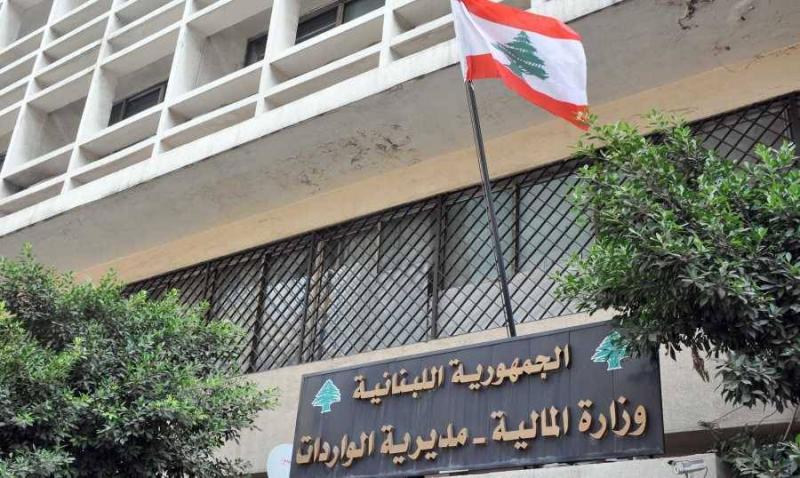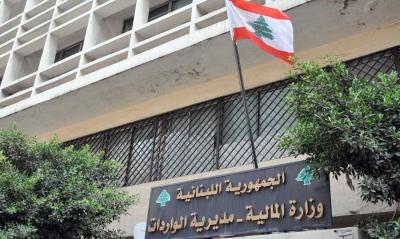Lebanese citizens await the outcome of the war in Gaza with patience mixed with extreme caution, as they express, "We can no longer bear this." Whatever remains of the infrastructure and the economic resilience barely suffice to keep the economy and the state running, and it could all collapse in a single day. The reconstruction needed would take years, unless funding and support are available amid the current political climate and prevailing attitudes towards Lebanon.
Two-thirds of the state's revenue in both Lebanese and US currencies could be wiped out with two rockets: one on the airport and the other on the remnants of the port. Other rockets would take care of the remaining ports and service facilities, plunging Lebanon entirely into a state of comprehensive collapse. The big collapse will manifest in three key issues: first, an uncontrollable devaluation of the currency; second, Lebanon's isolation from international trade, both export and import; and third, a complete halt in tourism and expatriate activity. The last two issues would rob Lebanon of the foreign currency it relies on to sustain a rescue trajectory that had begun with stabilizing the exchange rate since last summer and accommodating a very successful tourist season that quenched the market's thirst for dollars amid the current economic conditions.
In a report titled "Public Finances in the Face of Anticipated Risks in the Current Conditions," the Ministry of Finance sounded the alarm regarding the serious repercussions that could impact Lebanon's service infrastructure and the economy at large, which would ultimately push the country further into the abyss.
Lebanon lacks the necessary means to confront the repercussions of war, particularly after enduring successive and severe crises for over four years that have seen the economy shrink from around $50 billion in 2019 to an anticipated $16-18 billion for 2023. It grapples under extreme inflationary pressures (CPI 230%) and a three-digit inflation rate, according to the Central Administration of Statistics for August 2023. The stability in the exchange rate that we sought and witnessed in recent months is not fortified and sustainable in the absence of a "confidence factor," which plays a crucial role in promoting stability and curbing the spiral of inflation and sharp fluctuations in the exchange rate, that would inevitably lead to increased poverty rates amid already deteriorating living conditions.
The Ministry of Finance highlights the risks that may threaten state revenues, particularly from Rafic Hariri International Airport and public maritime ports. Any disruption, specifically paralyzing international trade, could jeopardize treasury revenues. Currently, around 63% of total revenues are generated from ports and airports (airport fees, port fees, and all taxes and fees collected on imports).




